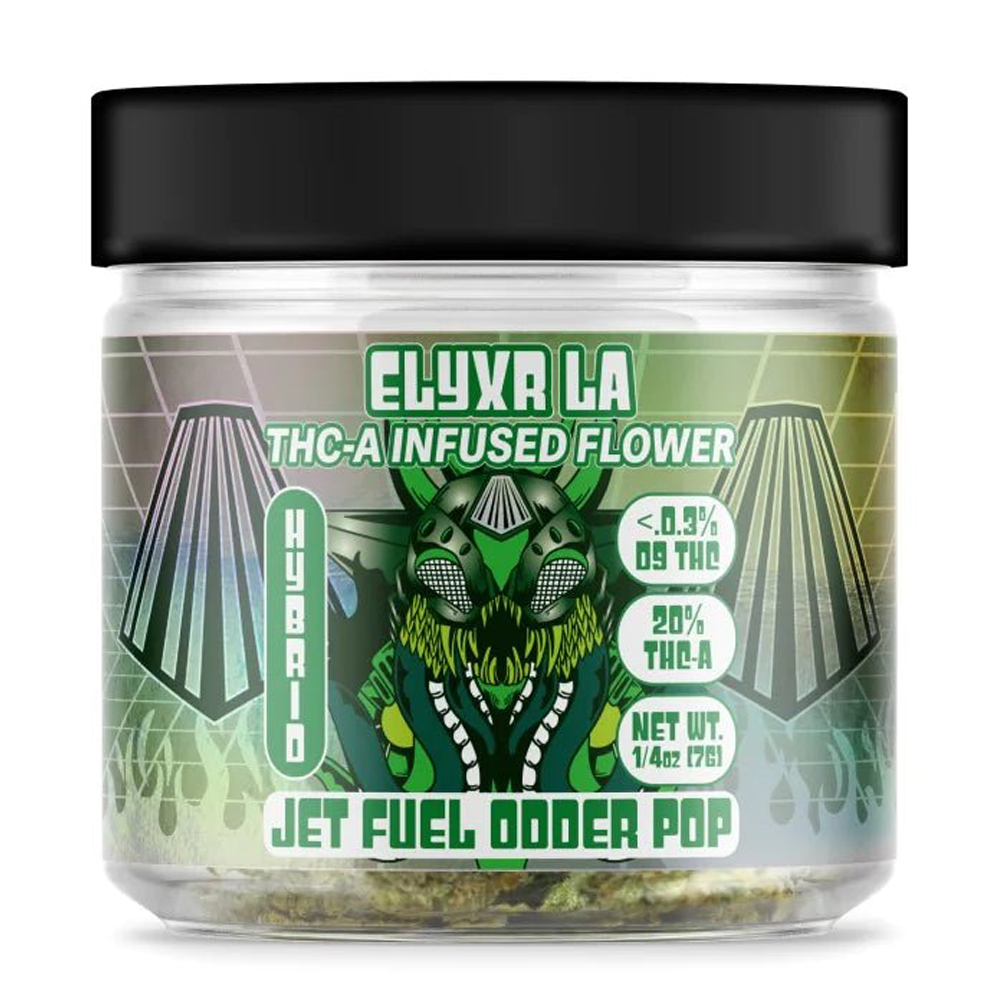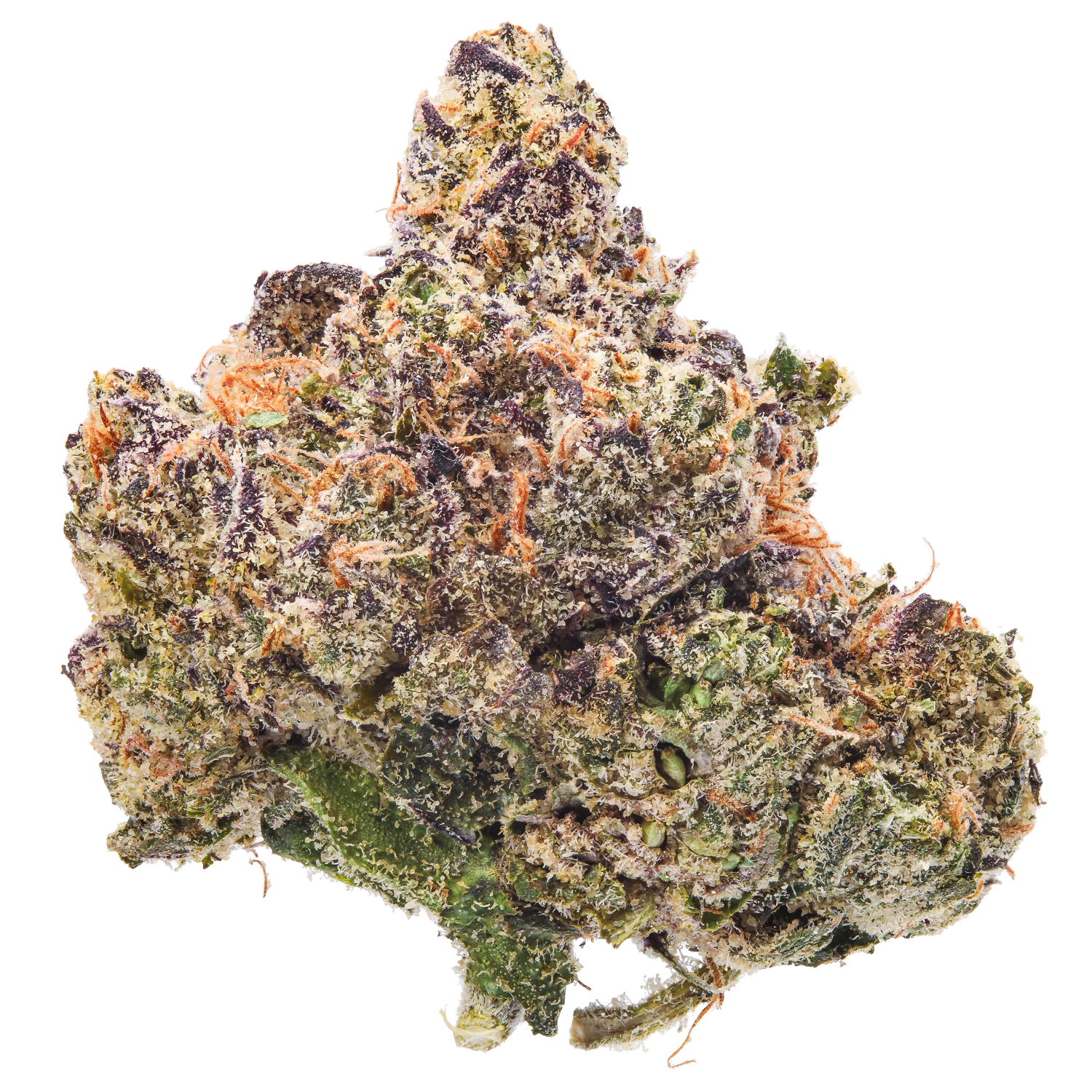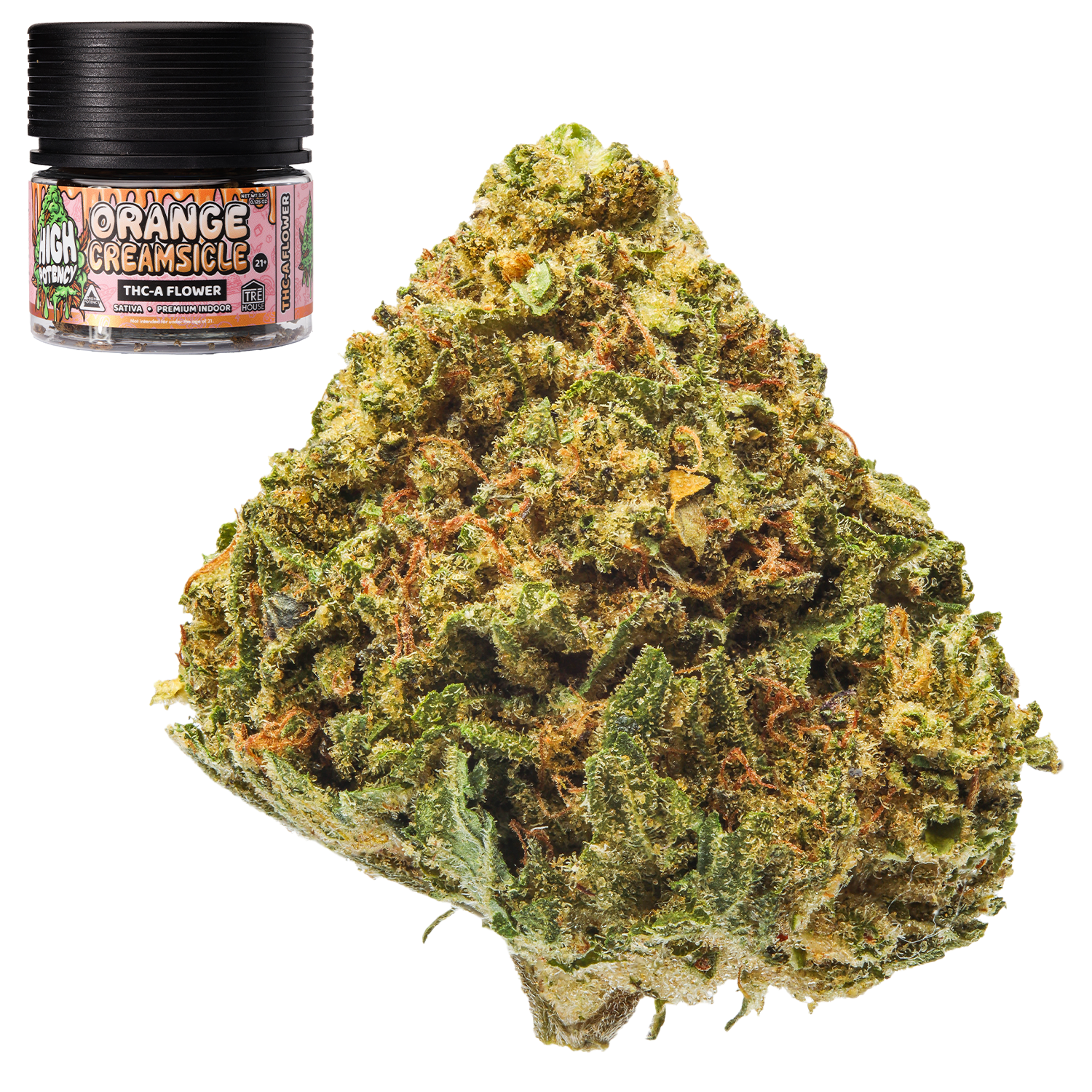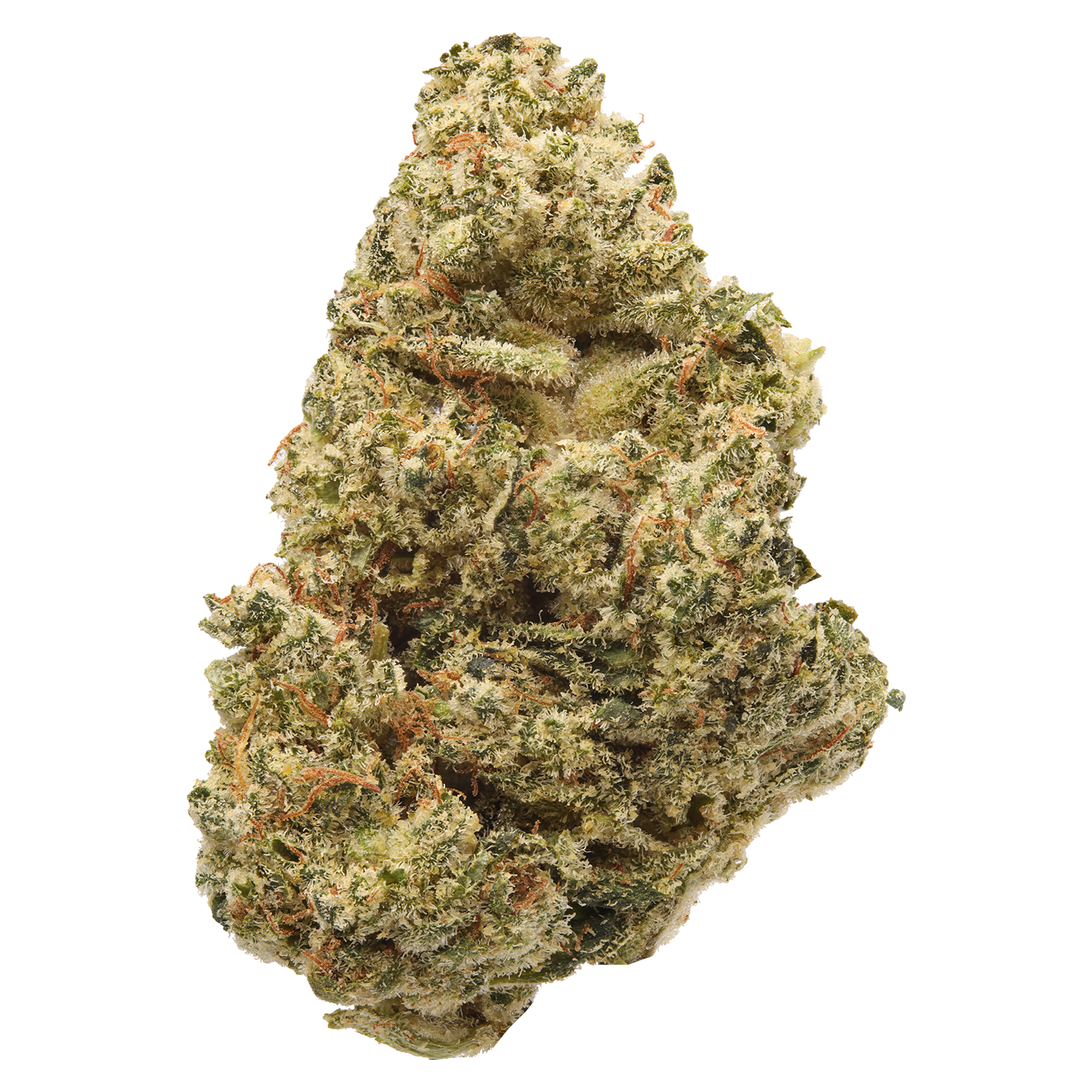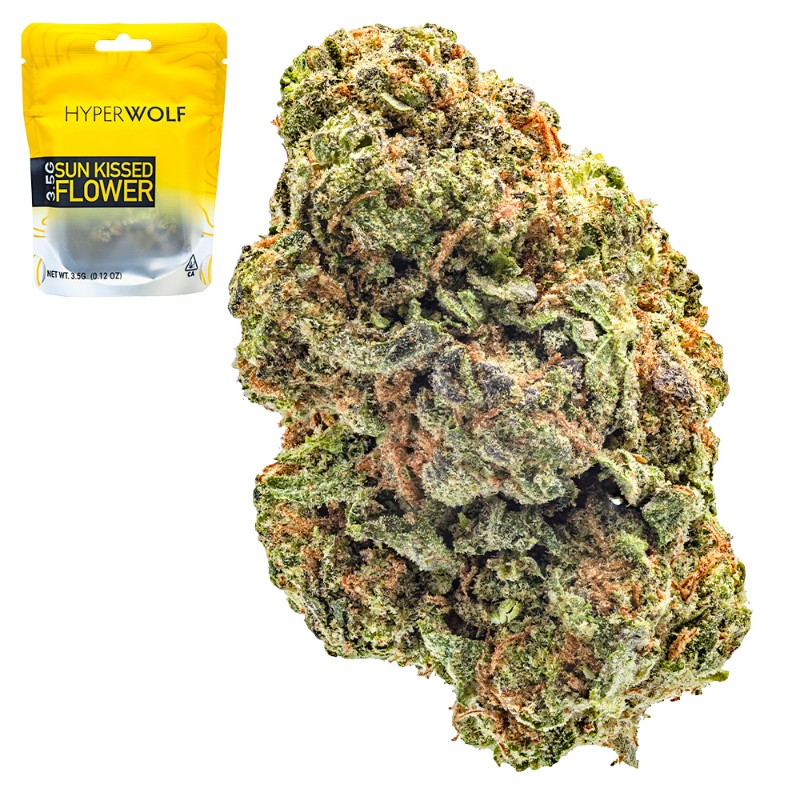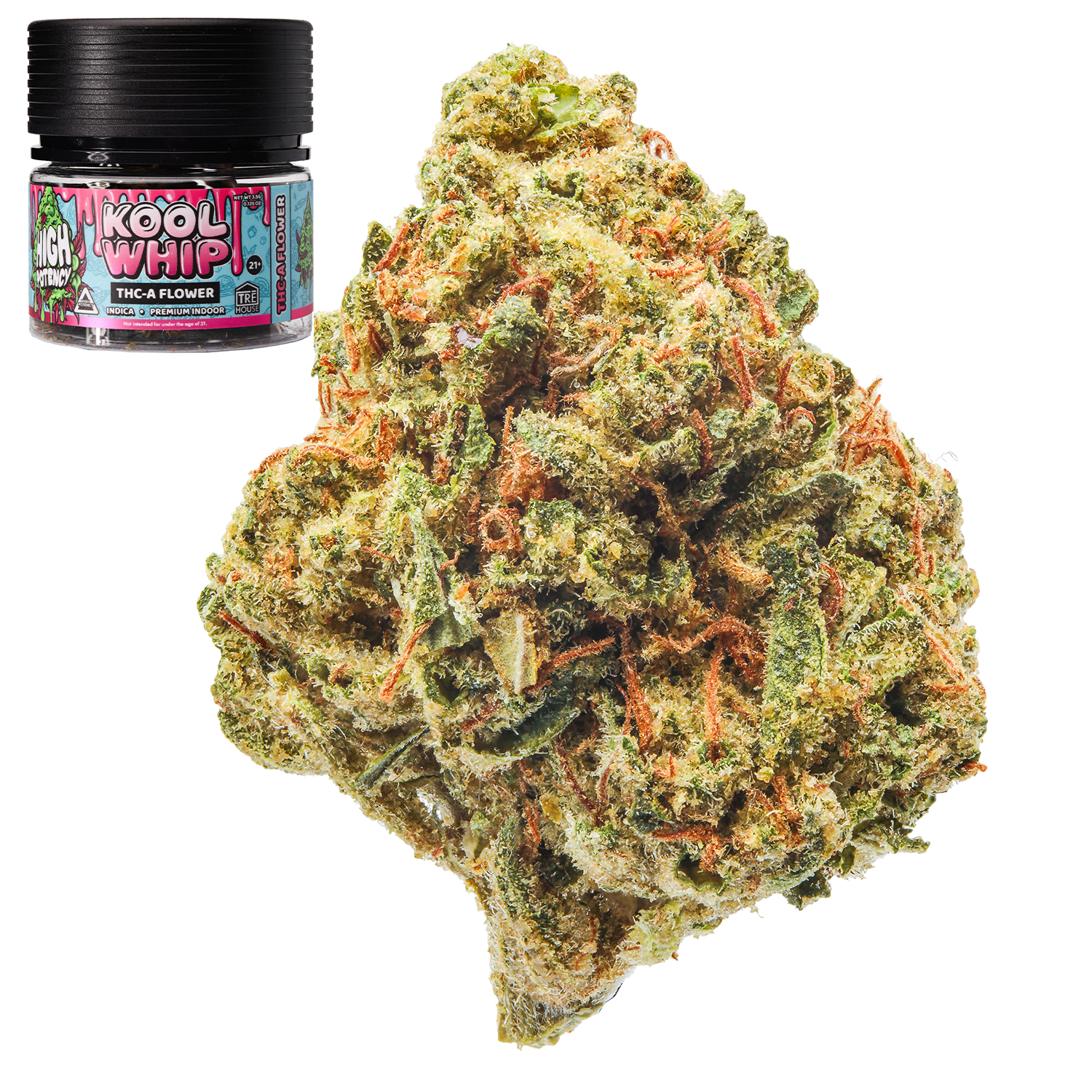Have you ever heard of THCa distillate and wondered if it’s a new coffee shop latte or the latest tech gadget? Spoiler alert: it’s neither! THCa distillate is actually a cannabis product that’s shaking up the scene with its potent purity and potential benefits. So why should you care?
Well, if you’re a curious consumer or dabbling in cannabis culture, understanding the ins and outs of THCa flower is kind of a big deal. It’s not just another acronym in the cannabis alphabet; THCa distillate offers something unique for both recreational and medicinal users. Think of it as the VIP section of the cannabis world, complete with all the bells and whistles that come with a highly refined product.
In this blog, we’re going to dive headfirst into what makes THCa distillate worth knowing about—starting with what it is exactly (hint: it’s not your typical run-of-the-mill cannabis concentrate). We’ll explore why this stuff is getting rave reviews and hitting headlines, especially in terms of its purity and how it differs from THC. Got questions about how it’s made, or its potential benefits and uses? We’ve got all that covered too.
Plus, we’ll touch on the importance of testing and quality assurances you need to keep an eye out for when choosing a THCa distillate product. Whether you’re using it for pain management, anxiety relief, or just to get a good night’s sleep, understanding its potential effects can make a world of difference.
By the end of this blog, you’ll be equipped with a basic yet comprehensive understanding of THCa distillate—enough to impress even your most knowledgeable cannabis connoisseur friends. So sit back, relax, and let’s take a trip into the world of THCa distillate, where clarity meets cannabis in one pure, potent package!
What is THCa?
Alright, let’s break down THCa like we’re at a backyard BBQ chat, sans the grill smoke. THCa, or tetrahydrocannabinolic acid if you’re feeling fancy, is a non-psychoactive compound found in raw and live cannabis plants. It’s like the superhero sidekick of the cannabis world that doesn’t take the spotlight until it goes through a bit of, let’s say, transformation. In its original form, THCa won’t get you “high”—that’s THC’s job. But, before you shrug this off as uninteresting, let’s dive into why it’s making waves in the recreational cannabis market.
Chemically speaking, THCa has quite an intricate structure that makes it the unique compound it is. It carries an extra carboxyl group compared to THC, which provides the difference in their effects when consumed. Thanks to this little molecular cameo, THCa is clinging to its non-psychoactive status like a prized trophy at the county fair. Now, here’s where it gets interesting: when you introduce heat, like from vape cartridges or smoking (a process known as decarboxylation), THCa sheds that carboxyl group faster than you can say “abracadabra,” transforming into THC.
Natural occurrence? Sign me up! THCa is abundant in fresh raw cannabis material from the cannabis plant and is often extracted for its health benefits. While it doesn’t land you on cloud nine in its raw form, there are rave reviews about its anti-inflammatory, neuroprotective, and anti-emetic properties. So, while it might initially sound like THCa is chillin’ on the sidelines, its benefits are playing the long game, making waves in medicinal cannabis circles.
The Distillation Process
Now that we’ve pinned down the cool chemistry of THCa, let’s geek out a bit about how this unassuming cannabinoid hits prime time through—drumroll, please—the distillation process. Imagine this as cannabis’s version of baking a cake, but with a high-tech twist and a dash of alchemy. Distillation is all about using temperature and pressure to separate compounds, getting that pure, glistening THCa distillate that fans are swooning over.
So what’s on the agenda for this process? Strap yourself in as we take a walk through the distillation steps.
- First up, cannabis undergoes a process called winterization. Here, raw cannabis extract meets ethanol, and they chill (literally) in sub-zero temperatures, allowing the purification process to begin by freezing out impurities like fats and waxes.
- After this frosty filter sends unwanted particulates packing, the solvent evaporates, leaving you with a more refined product.
- Next comes the main event: the decarboxylation and distillation phase. Here, heat and vacuum pressure work in cahoots to activate THCa into THC, isolating them based on boiling points—a dance of bonds breaking and reforming that would make high school chemistry teachers proud.
Equally entertaining is the equipment. We’re talking about short-path distillation apparatuses, spinning band distillers, and rotary evaporators—the glamorous tech behind the gleam of THCa distillate. These instruments ensure the process runs as smoothly as your uncle’s beloved vintage car, crafting meticulously refined cannabis concentrates.
It’s practically an artisanal process, blending art and science to yield a sparkling product with precision. So the next time you’re enjoying some THCa distillate or THC distillate, take a moment to appreciate the hardcore high-tech ballet that took it from leaf to luxury.
Benefits of THCa Distillate
Let’s roll up our sleeves and dive into the treasure chest of benefits that make THCa distillate so popular.
This cannabinoid sensation is causing quite the stir for good reason. Whether you’re a medicinal user or just someone chasing the cutting-edge of cannabis innovations, THCa distillate is here to impress with its collection of potential health benefits and versatile uses.
Potential Health Benefits
- Anti-inflammatory Effects: THCa is celebrated for its ability to potentially reduce inflammation, making it a hot favorite for individuals dealing with conditions like arthritis or chronic pain.
- Neuroprotective Properties: Some studies hint that THCa may play a role in neuroprotection, suggesting potential benefits for neurodegenerative disorders like Alzheimer’s and Parkinson’s. While the research is still budding, this little compound could be key to a host of brain benefits.
- Antiemetic Qualities: THCa also shows promise in reducing nausea and vomiting, particularly beneficial for chemotherapy patients or those with gastrointestinal issues. It’s like nature’s soothing lullaby for an upset stomach.
- Possible Pain Relief: While it’s not going to launch you into the stratosphere of euphoria like THC, THCa may nonetheless contribute to pain management, offering a subtle, calming comfort that doesn’t come with the traditional high.
Uses in Medical Therapy
THCa’s integration into medical therapies is as fascinating as your favorite spy thriller. Doctors and researchers are exploring its use across a spectrum of treatments such as:
- Arthritis and Chronic Pain: Patients looking for pain relief without the high are increasingly turning to THCa, either as standalone or in conjunction with other cannabinoids.
- Pacifying Nausea: THCa is finding its place in the medicinal toolkit for nausea management, especially as a more natural alternative to prescription medications.
- Neuroprotection: While definitive clinical conclusions are still in the works, the prospect of using THCa for neuroprotective purposes is generating palpable excitement in the research community.
- Because of its non-psychoactive nature, THCa is also suitable for daily use. Whether applied in topical creams, taken orally, or through other methods of administration, its gentle profile means it can be incorporated into one’s healthcare routine without impediment or interruption to daily activities.
In conclusion, the benefits of THCa distillate are a rich tapestry of potential therapeutic uses and gentle neurochemical interactions, showcasing it as a versatile and valuable player in the cannabis field.
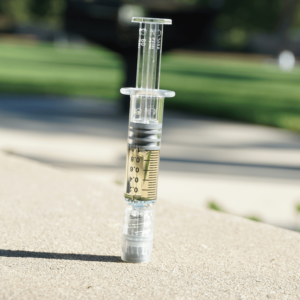
THCa vs THC: A Comparative Analysis
When it comes to cannabis, THCa and THC are two sides of the same cannabinoid coin, each bringing unique properties to the table. Let’s dive into how these compounds impact the human body, their legal standing, and why consumers might lean towards one over the other.
- Effects on the Human Body: THCa and THC are structurally similar but have significantly different effects. While THCa is non-psychoactive, meaning it won’t send you floating to a galaxy far, far away, THC is the superstar responsible for the classic cannabis high. THCa primarily contributes to potential health benefits such as reducing inflammation or acting as a neuroprotective agent. In contrast, THC is renowned not only for its psychoactive properties but also for its efficiency in pain relief and appetite stimulation.
- Legal Differences and Market Status: The legal climate for THCa and THC is varied. THCa enjoys a broader legal status because it doesn’t have the psychoactive effects associated with THC, making it more appealing in regions with stricter cannabis laws. THC, however, is often controlled and restricted, creating a challenging landscape for users in certain areas. This has led to a burgeoning market for THCa products as consumers seek legal and health-focused alternatives without the legal quagmire.
- Consumer Preferences and Uses: In this grand episode of consumer choice, THCa and THC carve different niches. Health-conscious consumers might gravitate towards THCa for its medicinal qualities and non-psychoactive nature, incorporating it into their wellness regimes. THC, however, is the go-to for recreational users chasing that signature high or medicinal users requiring potent pain management and stress relief. The ability to delineate between chilling and thrilling gives consumers the flexibility to choose how they participate in the cannabis experience.
How to Use THCa Distillate
Incorporating THCa distillate into your routine can be as exciting as finding a new flavor of ice cream at your local shop. With a range of methods for consumption, it fits seamlessly into any lifestyle.
- Methods of Consumption: THCa distillate can be used in a variety of ways, enabling consumers to choose what fits best. Whether it’s dabbing a small amount for immediate effects, blending it into edibles for a slower release, or simply adding it into drinks or smoothies, the options are plentiful. It’s like having a multi-tool that fits any situation, providing subtle benefits without the hefty high.
- Integration Into Everyday Routines: The gentle nature of THCa makes it an ideal candidate for daily use without disrupting your daily grind. It can be incorporated into morning rituals, afternoon snacks, or evening wind-downs. Consider mixing it into your skincare routine with THCa-infused topical creams or adding it to wellness teas.
- Dosage Considerations: As with any new addition to your lifestyle, understanding dosage is key. Start with small amounts and gradually increase as needed, while observing how your body reacts—think of it as tuning a guitar, making slight adjustments until you hit the perfect note. Always consider consulting with a healthcare professional to tailor your THCa usage to your specific needs.
By weaving THCa distillate into the fabric of daily life, users can explore its benefits flexibly and comfortably, painting a new dimension into personal wellness and health practices.
THCa Distillate in the Cannabis Industry
The cannabis industry is experiencing a dynamic transformation, thanks in part to the rise of THCa distillate. Market trends indicate a growing demand for lesser-known cannabinoids, as health-conscious consumers are increasingly seeking alternatives to traditional, psychoactive cannabis products. As a result, the global THCa distillate market is projected to expand rapidly, with innovative uses emerging across various sectors, including pharmaceuticals, wellness, and even cosmetics.
In product development, THCa distillate plays a crucial role due to its versatility and gentle profile. Many companies are exploring its inclusion in innovative offerings like edibles, tinctures, topical ointments, and beverages, tapping into a diverse consumer base that values the non-intoxicating benefits and the potential therapeutic properties of THCa. The innovation doesn’t stop there—THCa is also being researched for its role in enhancing other cannabinoids, helping developers craft balanced, holistic products that cater to multiple health needs.
This surge in THCa’s popularity is significantly influencing consumer behavior, as the quest for legal and health-focused cannabis options encourages more people to integrate THCa into their daily lives. This shift in preference not only alters buying habits but also pressures the industry to stay informed about evolving consumer needs while adhering to ever-changing legal regulations.
Legal Aspects of THCa Distillate
Navigating the legal landscape of THCa distillate presents unique challenges and opportunities. Unlike its psychoactive cousin THC, THCa enjoys a relatively favorable legal status across many regions due to its non-intoxicating nature. This distinction allows it to be marketed more freely, giving rise to an expansive market of THCa products that can be sold under less restrictive regulations.
Current regulations impacting the production and sale of THCa distillate vary significantly by location. Some places have set clear guidelines, while others remain less stringent, allowing businesses to innovate without impeding legal constraints. However, companies must diligently monitor local laws to ensure compliance, which can sometimes present hurdles in scaling operations or expanding into new markets.
The future holds potential shifts as legislation that has been introduced since the 2018 Farm Bill surrounding cannabinoids continues to evolve. The growing body of research highlighting THCa’s medical benefits might prompt regulatory bodies to further differentiate it from THC, possibly easing existing restrictions. This could pave the way for broader acceptance and integration of THCa distillate in mainstream products, presenting both challenges and opportunities for the industry to navigate in the coming years.
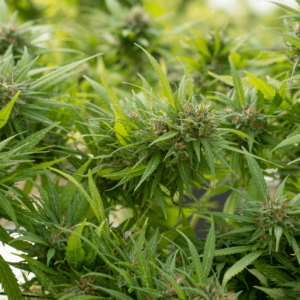
Side Effects and Considerations
With the increased interest in THCa, it is essential to understand its possible side effects and health considerations.
Although generally deemed safe for consumption, users should be aware of potential risks, such as mild digestive upset or allergic reactions in sensitive individuals. These effects are usually minor compared to those associated with THC, making THCa a more approachable choice for many consumers.
In considering short-term versus long-term use, the consequences of THCa are generally favorable due to its non-psychoactive nature. Short-term use rarely yields adverse effects, while long-term usage may provide sustained benefits related to inflammation reduction and neuroprotection. However, as with any supplement, long-term safety studies remain crucial to fully understand its impact over prolonged periods.
To ensure safe usage, adhering to safety guidelines is recommended. Begin with a low dosage, as individual tolerances can vary, and gradually adjust to find the optimal level for personal comfort. It’s advised to consult with healthcare professionals to tailor THCa consumption to specific health needs, thus minimizing risks. By doing so, consumers can effectively integrate THCa into their wellness routines while maintaining a risk-adverse approach to health enhancement.
Comparing Methods of Extracting Cannabinoids
Extracting cannabinoids like THCa involves several advanced techniques, each with unique advantages and limitations. Among the most prevalent methods are solvent-based extractions that include CO2 and ethanol extraction. CO2 extraction is favored for its ability to produce high-purity and clean products since it leaves no solvent residues. Ethanol extraction, on the other hand, is more cost-effective and efficient at processing large quantities, although it may require additional refinement steps to remove impurities.
Efficiency and purity are central concerns when selecting an extraction method. While CO2 extraction is renowned for its precision and ability to isolate specific cannabinoids with minimal damage, ethanol and hydrocarbon extraction processes might offer higher throughput for commercial operations. However, the potential for residual solvents and the necessity for post-extraction purification can affect final product quality. Consequently, producers must consider balancing efficiency with purity to meet consumer expectations.
The quality of extracted cannabinoids hinges not only on the method but also on the techniques’ execution. Variables such as temperature, pressure, and extraction duration profoundly impact the quality of distillate produced. High-quality cannabinoid extracts feature higher purity, minimal contaminants, and maintain the integrity of active compounds. Thus, selecting the appropriate method aligns with production goals, whether emphasizing purity over quantity or vice versa.
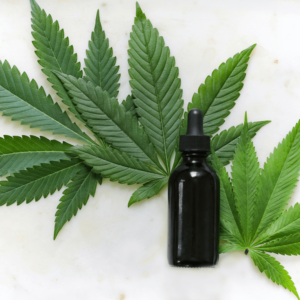
Consumer Guide: Choosing THCa Distillate Products
When shopping for THCa distillate products, consumers need to focus on quality and potency. Look for products that have undergone rigorous third-party lab testing, as these typically ensure greater accuracy in potency labeling and purity assurance. Examine the cannabinoid profile to gauge the THCa percentage relative to other cannabinoids, ensuring it meets personal wellness goals.
Trusted brands play a pivotal role in guaranteeing product quality. Opt for well-established companies with a transparent production process and a solid reputation in the cannabis industry. Reliable sources typically offer in-depth information on sourcing, extraction methods, and product testing results, allowing consumers to make more informed decisions.
Here are some tips for making informed purchases:
- Research the Brand: Check for customer reviews and product feedback.
- Read Labels Carefully: Look for purity levels, THCa content, and testing certification.
- Educate Yourself: Stay updated on the latest research concerning THCa benefits and potential risks.
By following these guidelines, consumers can confidently choose THCa distillate products that fit their preferences and health aspirations.
The Future of THCa Distillate
As the demand for THCa continues to surge, the market is poised for significant growth and innovations. With ongoing advancements in extraction technology and formulation techniques, we can expect to see more refined and versatile THCa products entering the market. These innovations will aim to enhance efficacy, user experience, and application methods, catering to a broader range of consumers seeking cannabinoid benefits without psychoactive effects.
Scientific research into THCa is burgeoning, exploring its therapeutic potential and expanding its application beyond what we currently comprehend. New studies could unveil breakthrough health benefits, broadening its acceptance and integration into mainstream pharmaceuticals and health products. This research-driven momentum might stimulate legislative acceptance and foster an increasingly robust market infrastructure.
Predicted consumer trends suggest a preference for personalized and customizable THCa options, as wellness becomes more tailored and lifestyle-specific. Consumers are likely to demand sustainable and ethically produced products, pushing the industry toward greener practices.
Overall, the THCa distillate landscape is set for an exciting future of growth, discovery, and evolving consumer dynamics.
Conclusion
In this comprehensive exploration of THCa distillate, we’ve navigated through its non-psychoactive benefits, extraction methods, market trends, and consumer considerations. Our journey started by highlighting the favorable consequences of THCa due to its ability to potentially reduce inflammation and offer neuroprotection without unwelcome psychoactive effects. We emphasized the critical importance of responsible usage, advocating for low and incrementally adjusted dosages under professional guidance to maximize health benefits while minimizing risks.
Our discussion on extraction methods underscored the importance of balancing efficiency and purity. We examined CO2 extraction for its clean profile and precise cannabinoid isolation and contrasted it with ethanol extraction, which is more economical and suitable for large-scale operations despite the necessity for additional purification steps. Ensuring high-quality outcomes, the selected extraction method must align with production goals, keeping consumer expectations in mind.
For consumers venturing into the world of THCa distillate products, we provided insights into assessing quality and potency. Trusting established brands with transparent production processes and thorough third-party testing is essential for making informed decisions. Consumers are encouraged to stay abreast of evolving research on THCa to appreciate its potential health benefits and associated risks.
As the market for THCa continues to expand, its future shines brightly with innovation and potential. Exciting advancements in extraction technologies and expanding scientific research promise new opportunities and understanding of THCa’s therapeutic applications. The growing interest in personalized wellness solutions will likely drive industry practices toward sustainability and ethical production standards. Therefore, as a savvy consumer, keep informed, embrace innovation, and make choices that align with your health aspirations and ethical values, fostering a landscape where THCa distillate can be both a beacon of wellness and a model of industry integrity.
Frequently Asked Questions
1. What is THCa distillate?
THCa distillate is a purified form of tetrahydrocannabinolic acid (THCa), a non-psychoactive cannabinoid found in cannabis. The distillation process involves refining raw cannabis extracts to remove impurities and concentrate the THCa content, resulting in a high-purity product often used for recreational purposes.
2. Can THCa cause a high?
Yes! In its raw form, pure THCa is the non psychoactive precursor to THC, the psychoactive component in cannabis. THCa distillate becomes high potency when it’s decarboxylated—meaning when it’s exposed to heat or light and converted into THC.
3. Can you eat THCa distillate?
Yes, you can eat THCa distillate. If eaten in its raw form, it comes with a host of other therapeutic benefits, such as anti-inflammatory properties, which can be beneficial when consumed directly. Just sprinkle some on your salad and call it a day! However, if infused in edibles, it has undergone a decarboxylation process that enhances its potency.
4. Does distillate get you more high?
Distillate, whether its THC distillate or THCa distillate, is known to produce a similar high to other cannabis concentrates like THCa diamonds, THCa budder/badder, or THCa rosin.





